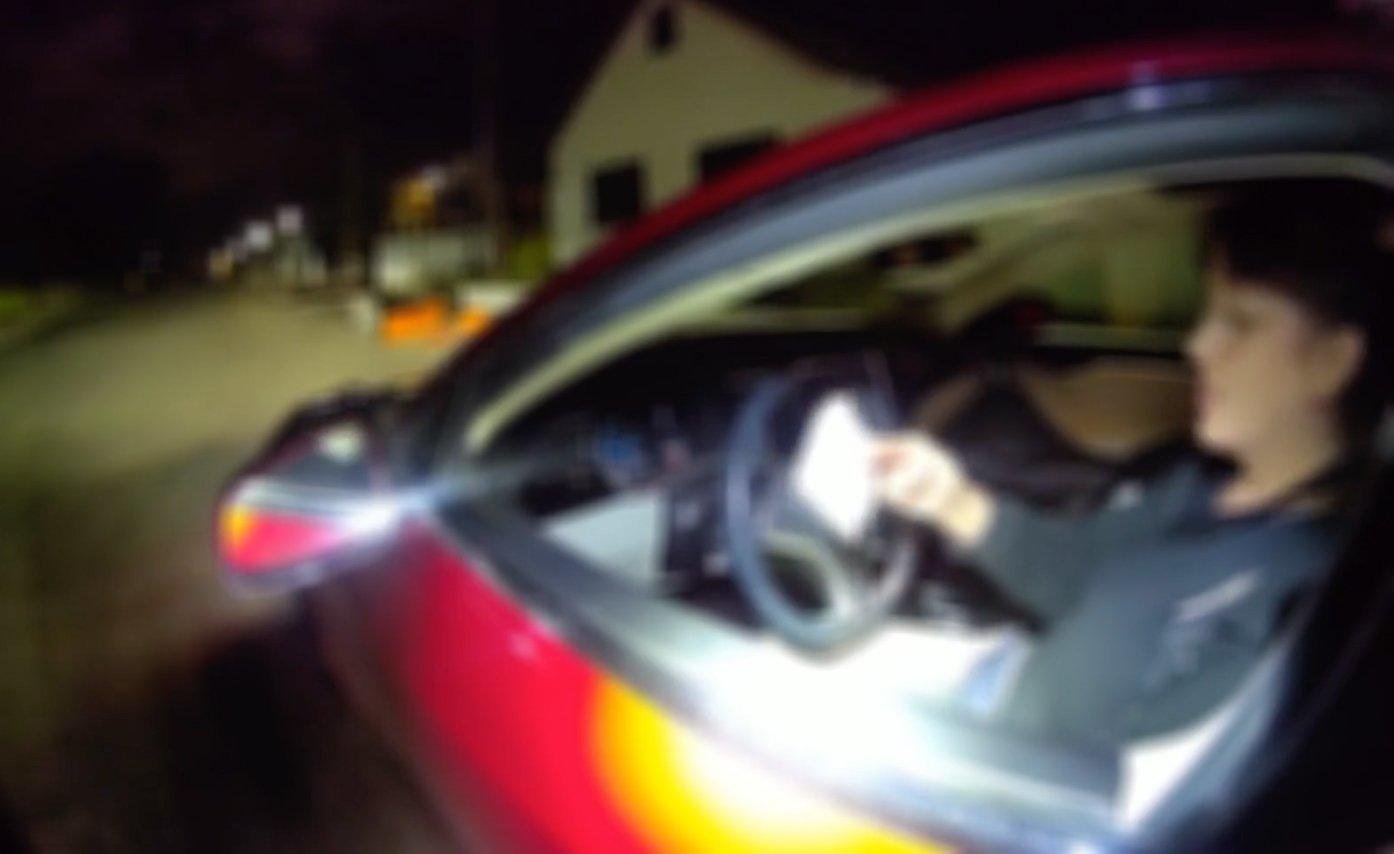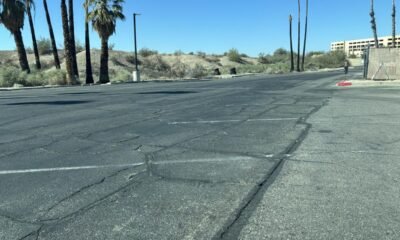arizona
Wadsack’s Future in Jeopardy as Leach Takes Commanding 911-Vote Lead

Arizona state Sen. Justine Wadsack faces a tense primary election. Despite a victory over Vince Leach two years ago, Southern Arizona voters have made this race contentious. As of early Wednesday, Wadsack trails Leach by 911 votes, with over 31,000 ballots cast. The outcome remains uncertain.
Critical to this race are the yet-to-be-counted ballots from Tuesday. Leach dominated the day-of votes reported so far, especially from his stronghold in Saddlebrooke, Pinal County. He also leads in early Pima County ballots, albeit narrowly. Tucson-area Election Day ballots have further bolstered his lead.
This precarious situation signals trouble for Wadsack, an incumbent who should not be struggling this much. Her problems worsened after a March traffic stop, followed by her controversial attack on Tucson police in June, accusing them of “political persecution.”
Leach, meanwhile, seems the safer bet for the general election, potentially crucial for the Republican majority in the Legislature. Though no ally of Leach’s, he holds more conventional views that resonate with a larger segment of the GOP.
An intra-party rebellion of this scale is unprecedented in Arizona politics. The GOP traditionally favors its hard Right faction, but Wadsack’s near-loss suggests a shift. Voters appear willing to punish bad behavior within their ranks, a promising development for party accountability.
Wadsack’s troubles extend beyond her district. White nationalist Wendy Rogers barely holds on in Flagstaff with 53% of the vote, while Kari Lake leads her primary with 55%. These slim margins highlight the GOP’s internal conflicts.
Wadsack’s difficulties began with her ill-fated 2020 Senate run against Democrat Kirsten Engel in a Democrat-heavy district. Her alignment with QAnon conspiracies further alienated moderate voters. Despite losing, she later shifted to run in Legislative District 17, narrowly defeating Leach in the primary and general elections.
Despite some legislative successes, Wadsack failed to build alliances. She angered key figures like Christine Bauserman and faced criticism from the Arizona Daily Independent. Efforts to recall her followed her controversial stance on transgender rights and gun control.
Even conservative allies distanced themselves. Wadsack avoided answering questions from journalists and threatened legal action, further estranging her from the media.
Her March speeding incident, which resulted in a $1,000 fine, added to her woes. The Tucson Sentinel’s coverage just before the election likely contributed to her losing a key endorsement from the Fraternal Order of Police.
Leach’s demand for a rematch has led to this tight race. It underscores the fragmented state of Arizona’s GOP, where personal conflicts often overshadow political strategy. Without intervention from higher up in the party, this divisiveness may continue.
What remains to be seen is whether the party can unite around the eventual winner. Historically, hardline factions rally more effectively than moderates, but growing numbers suggest a possible shift.
Regardless of the outcome, this election indicates that Republicans are increasingly willing to enforce their standards, signaling a potential shift towards greater accountability within the party.


















